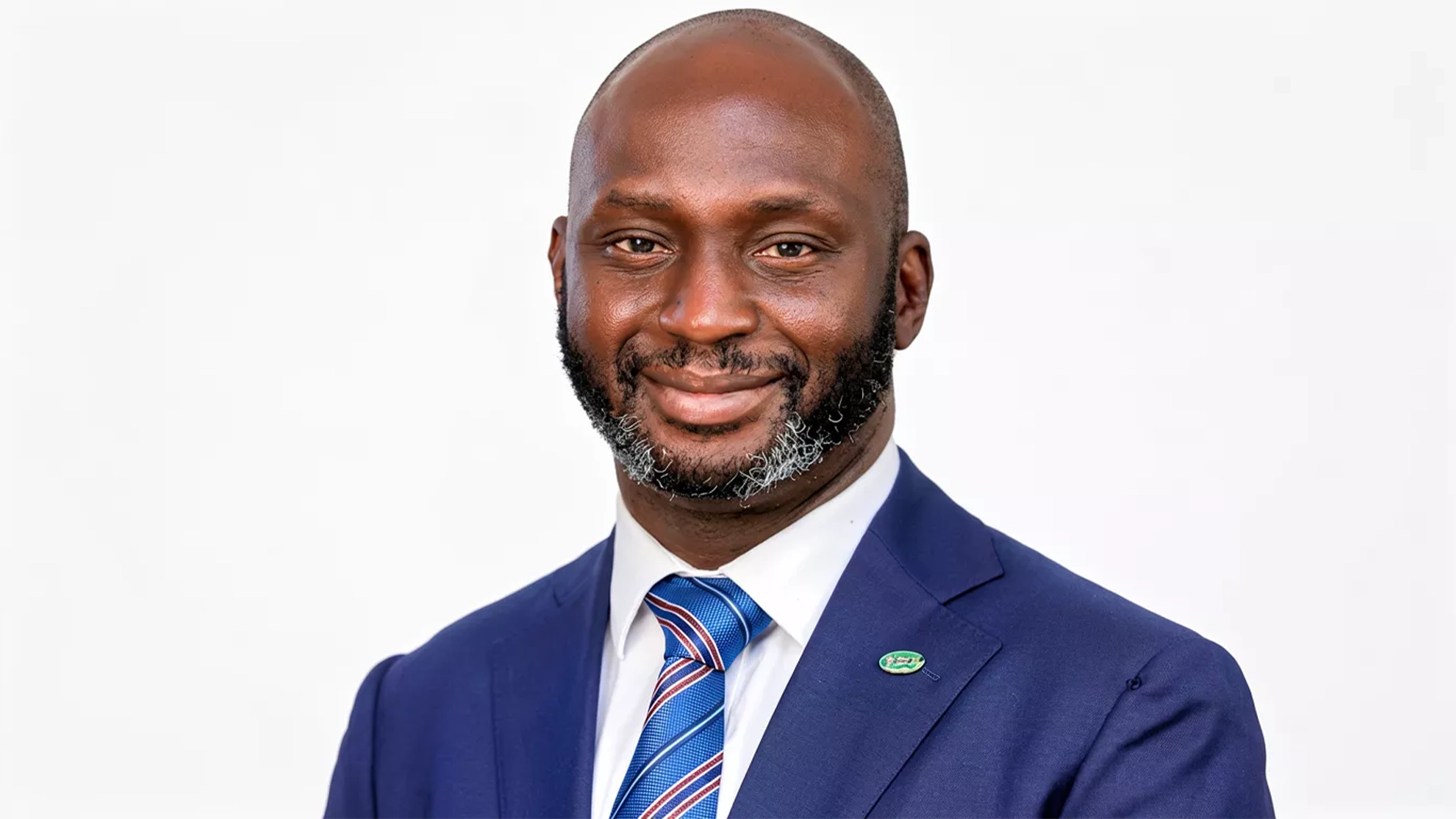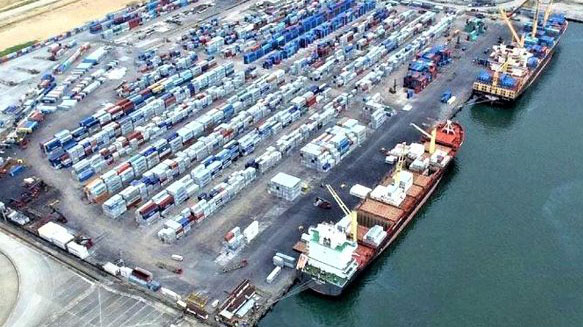 The Nigerian Maritime Administration and Safety Agency (NIMASA) have disclosed that it signed memorandum of understandings (MoUs) with 16 countries in three years on the recognition of Certificate of Competency (CoC) and Training of seafarers.
The Nigerian Maritime Administration and Safety Agency (NIMASA) have disclosed that it signed memorandum of understandings (MoUs) with 16 countries in three years on the recognition of Certificate of Competency (CoC) and Training of seafarers.
According to a statement by the Assistant Director, Public Relations of NIMASA, Osagie Edwards, the MoU, signed by the Director-General, Dr. Bashir Jamoh, between 2020 and 2023, are aimed at expanding opportunities for international job placement for holders of Nigerian CoC, while also ensuring skilled maritime manpower deployment in addressing the global challenge of a declined number of seafarers.
He said NIMASA has also achieved the automation of the registration process of shipping companies/agents resulting in certificates being embedded with QR codes for authentication.
According to him, this has successfully eliminated the back-and-forth incidents of alleged fake certificates in the past and has enthroned greater levels of integrity and accountability in the certification process.
The statement noted that NIMASA has also brought Nigeria to speed in the maritime world with the ratification of six conventions for proper governance of the country’s maritime space.
The statement noted that the agency has also doubled Nigeria’s momentum for a viable blue economy that seeks to harness maritime potentials for economic sustainability and growth.
According to the statement, these ratified conventions spell out the proper mode of governance for various areas such as standards of training, certification and watchkeeping for the fishing sector, pollution management and carriage of passenger luggage by sea.
The conventions ratified include Hong Kong International Convention for the Safe and Environmentally Sound Recycling of Ships 2009; the International Convention on Standard of Training, Certification and Watchkeeping for Fishing Vessel Personnel (STCW –F) 1995 and the Protocol Relating to Intervention on the High Seas in Cases of Oil Pollution Casualties (Intervention Protocol) 1973.
Others are Protocol on Limitation of Liability for Maritime Claims (LLMC) 1996; Protocol to the 1974 Athens Convention relating to the Carriage of Passengers and their Luggage by Sea 2002 and Protocol of 2005 to the 1988 Protocol for the Suppression of Unlawful Act against the Safety of Fixed Platforms located on the Continental Shelf (SUA PROT 2005).
The agency said it also concluded the review of 49 regulations made pursuant to the Merchant Shipping Act, 2007, adding that the laws in this category specifically sought to protect the interests of indigenous professionals and investors in the maritime industry with first-choice opportunity preferences.
The agency noted that it has executed some MoUs with the Nigerian Meteorological Agency (NiMet), the Nigerian Institute of Transport Technology (NITT) and the National Oil Spill Detection and Response Agency (NOSDRA) among others.
The agency further stated its deliberate drive to educate and strengthen judicial officers on how best to handle admiralty cases was not left behind in the period under review.
On anti-piracy, NIMASA said it championed the implementation of the Suppression of Piracy and Maritime Offences (SPOMO) Act, 2019, which has enhanced safer and secured trading routes through the Gulf of Guinea region and ensured proper prosecution of a sizeable number of cases such as FGN v BINAEBI JOHNSON & 8 Ors and FGN v FRANK ABAKA & 9 Ors.
According to the agency, the SPOMO Act by Nigeria is presently being studied by other maritime administrations owing to its huge success in fighting piracy with a rich legal framework that is marked with successes since implementation began.






